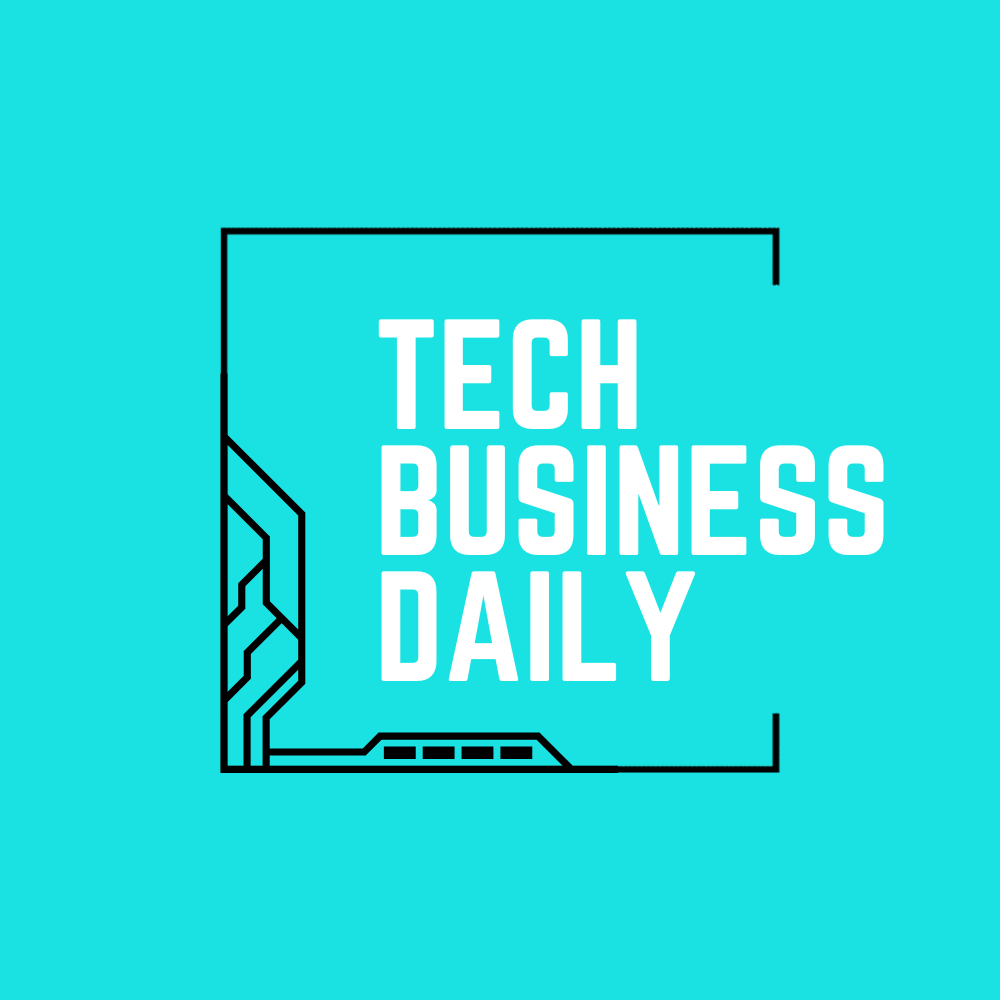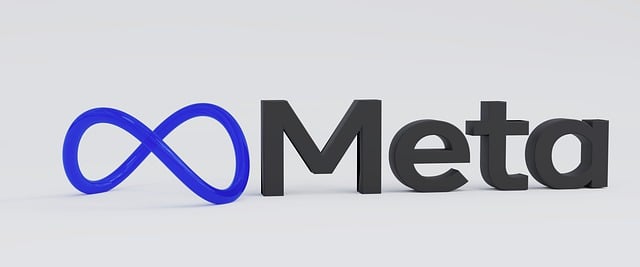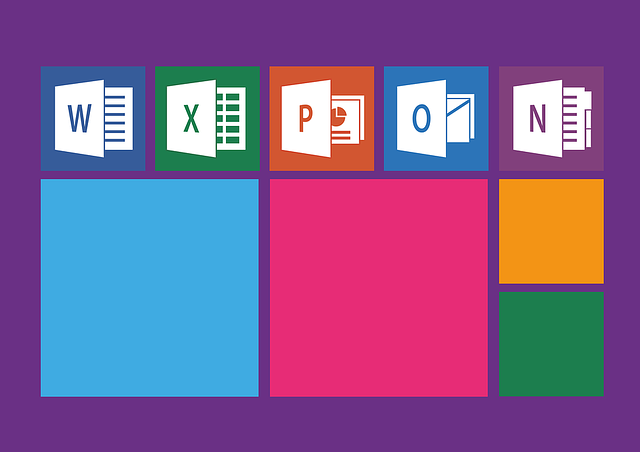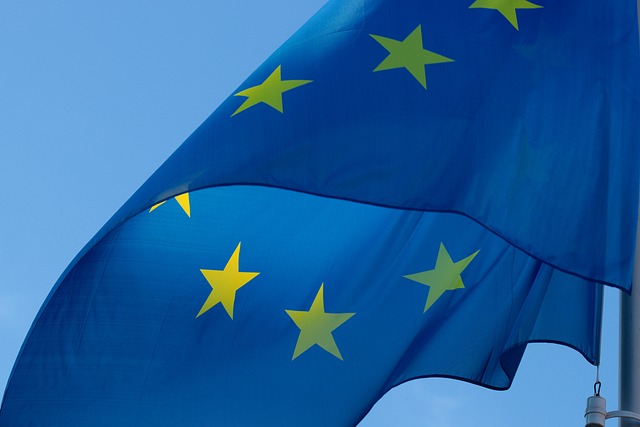The previously released Meta AI is now fully ensconced in all its products, including messenging apps. While the AI can help with message generation, this is not as useful as with emails where message length is much longer.
Meta is however attempting to muscle its way into the search industry. Currently dominated by Google, younger generations are tuning to social media to find answers to common queries. Decrypt says:
The largely unheralded large-language model Meta AI—a virtual assistant designed to generate photorealistic images and provide detailed answers to user queries—is now “more helpful, with more detailed responses on mobile and more accurate summaries of search results,” the social media giant announced today.
In a blog post, Meta revealed over 20 new AI-driven features that were being added to its apps to upgrade everything from search functions to social media experiences to business communications.
The major new product is a standalone website that can generate AI art. To train it, Meta used publicly available photos on Instagram and Facebook. This in turn has alerted privacy advocates, who fear new breaches of privacy from this initiative. Ars Technica says:
On Wednesday, Meta released a free standalone AI image-generator website, “Imagine with Meta AI,” based on its Emu image-synthesis model. Meta used 1.1 billion publicly visible Facebook and Instagram images to train the AI model, which can render a novel image from a written prompt. Previously, Meta’s version of this technology—using the same data—was only available in messaging and social networking apps such as Instagram.
If you’re on Facebook or Instagram, it’s quite possible a picture of you (or that you took) helped train Emu. In a way, the old saying, “If you’re not paying for it, you are the product” has taken on a whole new meaning. Although, as of 2016, Instagram users uploaded over 95 million photos a day, so the dataset Meta used to train its AI model was a small subset of its overall photo library.
Along with Meta, other Big Tech firms are also launching their own AI products. Microsoft’s Copilot is tailored to business users and writing reports. Chat GPT is focused on smaller consumers, hoping to leverage their reputation to reach a broad public. Meta’s biggest advantage is user data, especially photographs, which explains this direction in AI.
READ NEXT: Here’s When Windows 10 Security Updates Will Stop









